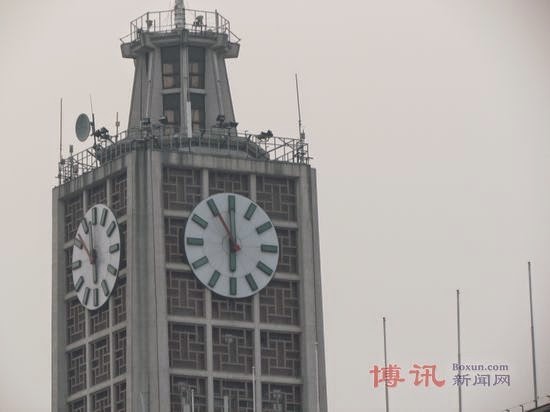WEEK 11: The final review
When I am writing this blogpost, I could still recall the memory of the first day in Auckland when I standing at the Glenfield bus stop spending half an hour doing nothing but waiting for the buses that never seem to come. Almost three months later, I could confidently post the screenshot photo below and announce: it really wasn't my fault.
When we were talking about the ubiquitous media
in the future in class, it is always good to know that the media situation at
present might be pretty annoying. Well, get down to business, this seminar seems
to be vital to me personally. When I started learning this course three months
ago, I was quite a pessimist about the future technology world and I was kind
of believe technological determinism to some extent. However, at the end of the
semester I am preparing to write my final research paper on techno-utopia. Fortunately,
I could even get a rough idea from Heidegger about his idea “Dasein”, which I’d
like to describe my final research on Bitcoin: the nature of Bitcoin is about its
existence and all the possibility around itself. From this perspective, the
future of ubiquitous media could be so fascinating to imagine.
As a student who comes from an authoritarian state like China, it does need time for me to jump out of from this communism-oriented ideology. Admittedly, I was suffering in the shade of the atmosphere like what was described in the novel 1984 written by George Orwell for years when I was in China, especially when I participated in my internship work in several Chinese media which controlled extremely tight by our government. However, at this moment, I could able to get rid of it and start to prepare my final research from the perspective of techno-utopia and I’m really looking forward to it.
As a student who comes from an authoritarian state like China, it does need time for me to jump out of from this communism-oriented ideology. Admittedly, I was suffering in the shade of the atmosphere like what was described in the novel 1984 written by George Orwell for years when I was in China, especially when I participated in my internship work in several Chinese media which controlled extremely tight by our government. However, at this moment, I could able to get rid of it and start to prepare my final research from the perspective of techno-utopia and I’m really looking forward to it.






